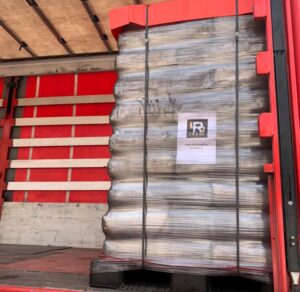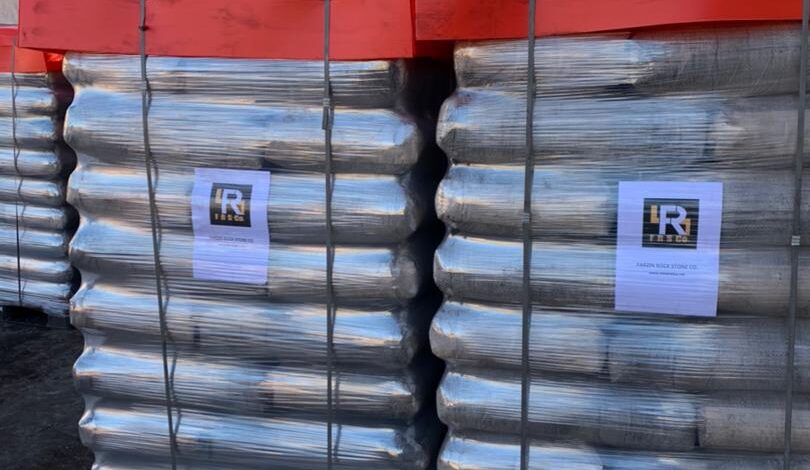A Regional Hub for Minerals
The Balkan region, located at the crossroads of Europe and Asia, is gaining recognition as an important supplier of minerals. With rich reserves of copper, lignite, bauxite, gypsum, and industrial stones, the area supports both local economies and international industries. The biggest mineral market in the Balkans plays a vital role in construction, energy, and manufacturing, while also offering opportunities for global buyers and suppliers.

Why the Balkans Are Important in the Mineral Industry
The Balkans stand out for three main reasons. First, the region has diverse mineral reserves that include both metals and industrial minerals. Second, its geographic location provides easy access to European, Middle Eastern, and Asian markets. Third, strong demand from local industries ensures a stable internal market alongside export opportunities.
Key minerals found in the Balkan region include:
-
Copper – widely used in construction, electronics, and energy
-
Bauxite and aluminum – critical for manufacturing and automotive industries
-
Lignite and coal – supporting regional energy needs
-
Gypsum and limestone – essential for cement and construction sectors
-
Industrial stones – used in infrastructure and decorative projects
Together, these resources make the region a strategic player in Europe’s mineral market.
Biggest Mineral Markets in the Balkans by Country
1. Serbia
Serbia is rich in copper and gold deposits. It has become a key supplier for European industries, especially in energy and manufacturing.
2. Bosnia and Herzegovina
This country has abundant coal and bauxite reserves. Its mining sector supports both domestic energy production and export trade.
3. Albania
Albania is known for its chromium, bauxite, and industrial minerals. These resources are exported across Europe, strengthening its role in the regional market.
4. North Macedonia
North Macedonia produces copper, lead, zinc, and industrial minerals. Its mineral industry plays a critical role in the country’s economic growth.
5. Other Balkan Nations
Croatia and Bulgaria contribute with gypsum, limestone, and industrial stones, particularly for the construction and cement industries.
Commercial Benefits of the Balkan Mineral Market
The biggest mineral market in the Balkans offers unique advantages for global buyers and suppliers. First, the region provides competitive prices due to abundant reserves. Second, the geographic position ensures efficient exports through major ports and trade routes. Third, the market is growing steadily as infrastructure and industrial projects expand.
For suppliers, the Balkans offer access to international buyers across Europe and beyond. For importers, sourcing minerals from this region guarantees both quality and stability.
Future Outlook of the Balkan Mineral Industry
The Balkan mineral market is expected to expand further. On one hand, rising demand for copper, aluminum, and industrial minerals will boost exports. On the other hand, new investments in mining and processing are making the industry more modern and sustainable. Additionally, EU partnerships are creating stronger trade opportunities for Balkan producers.
In conclusion, the biggest mineral market in the Balkans is not only resource-rich but also strategically located, making it a reliable hub for international trade and long-term partnerships.

